Have you ever felt like your cat, once cuddly and affectionate, suddenly seems distant or uninterested in your presence? The shift can feel heartbreaking, confusing, and even a little bit personal. Cats are famously mysterious creatures, and their emotional world is no less enigmatic. Understanding when your feline friend is pushing you away emotionally is both a subtle art and a heartfelt journey. Let’s explore the surprising signs, the hidden meanings behind their behavior, and how to decode your cat’s emotional signals so you can build a closer, more trusting bond.
Unusual Hiding Behaviors
One of the most telling signs that your cat is distancing itself emotionally is an increase in hiding. Cats often seek out quiet, dark spaces when they want to be alone or feel overwhelmed. If your normally sociable cat is suddenly spending hours under the bed, in the closet, or behind furniture, it’s a strong hint that something has changed emotionally. This behavior can be compared to a friend who stops answering your calls and texts—they need space, and they’re trying to find it in their own way. Sometimes, this is a temporary reaction to stress, but if it persists, it signals deeper emotional withdrawal. Watch for how often your cat seeks solitude, and note if it coincides with changes in the household, routine, or even your own mood.
Lack of Eye Contact
Cats communicate a lot through their eyes. A loving cat will often make slow blinks or hold your gaze gently. When a cat starts avoiding eye contact, turning their head away, or squinting when you approach, they’re sending a clear message. This is their way of saying, “I’m not ready to connect right now.” It’s easy to miss, but once you notice it, the message is unmistakable. Think of it as the feline version of someone refusing to look you in the eye during a tough conversation. This subtle change can sting, but it’s a valuable clue about how your cat is feeling inside.
Sudden Disinterest in Playtime

Play is a vital way cats interact with us and express joy. If your cat used to chase toys, pounce on strings, or bat at feathers with enthusiasm but now ignores these activities, it’s a sign of emotional withdrawal. Imagine inviting your best friend out to their favorite restaurant, only for them to turn you down repeatedly. That’s what it feels like for your cat to reject playtime. Pay attention to whether this disinterest is gradual or sudden, as a dramatic shift can indicate stress, sadness, or a need for emotional space.
Shrinking From Physical Touch
A cat who once adored being stroked but now flinches, recoils, or walks away when you reach out is clearly signaling discomfort. This reaction can be shocking, especially if your bond has always included lots of petting and cuddles. It’s like having a close friend suddenly pull away from a hug. Physical touch is a form of trust, and when your cat avoids it, they may be protecting themselves emotionally. They might even anticipate your touch with a wary look or quick movement, showing just how guarded they feel.
Vocalization Changes
Cats have a whole language of meows, purrs, and chirps. When a cat is emotionally distant, you might notice their vocalizations change. Some cats become much quieter, meowing less or going silent. Others may become more vocal, expressing their discomfort or frustration through louder, more insistent sounds. Listening to these changes is like tuning into a friend’s tone of voice during a heartfelt conversation—you can learn a lot about their emotional state just by paying attention to the way they “talk” to you.
Avoidance of Favorite Spots Near You
Many cats have preferred spots close to their humans—a spot on the bed, a sunny windowsill, or a couch cushion beside you. If your cat starts avoiding these areas, especially when you’re there, it’s a telling sign. They may choose to nap in another room or perch somewhere out of sight. This shift can be heartbreaking, but it’s often your cat’s way of creating emotional space. It’s as if they’re saying, “I need a break from our usual closeness.” This avoidance can feel deeply personal, but it’s usually about their own needs rather than anything you’ve done wrong.
Increased Grooming or Lack Thereof
Emotional stress in cats often shows up in their grooming habits. Some cats will over-groom, licking their fur compulsively as a way to self-soothe. Others stop grooming altogether, leading to a matted or unkempt appearance. Both extremes are red flags for emotional distress or withdrawal. Imagine someone biting their nails or neglecting their appearance when overwhelmed—cats react in much the same way. Pay attention to changes in your cat’s grooming routine, as these can be silent cries for help or signs that they’re emotionally pulling away.
Changes in Eating Habits
Emotional distance can manifest in your cat’s appetite. Some cats lose interest in food, eating less or skipping meals. Others may eat more, turning to food for comfort. Either change is significant. If your cat is suddenly refusing their favorite treats or acting indifferent at mealtimes, it may be a sign they’re feeling down or disconnected. On the flip side, emotional eating in cats can be a way of coping with loneliness or stress. Noticing these changes early can help you understand your cat’s state of mind and take steps to support them.
Irritability or Sudden Aggression
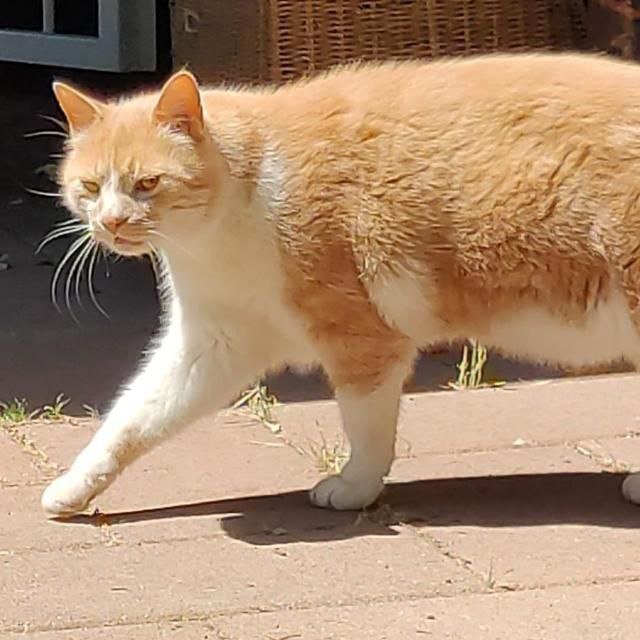
A cat who is feeling emotionally distant may become more irritable or even aggressive. Swatting, hissing, or biting when approached are not just signs of anger—they can be defensive reactions to feeling vulnerable or overwhelmed. It’s as if your cat is drawing a line in the sand, demanding space. This behavior can be especially confusing if your cat was previously gentle and friendly. Remember, aggression is often a last resort for cats who feel their boundaries are being ignored or pushed too far.
Ignoring Your Voice or Presence
One of the clearest signs of emotional withdrawal is when your cat ignores you completely. They may not come when called, look away when you enter the room, or simply act like you don’t exist. This can feel hurtful, but in the feline world, it’s a powerful statement. It’s similar to a friend who gives you the cold shoulder after a disagreement. If your cat suddenly stops responding to your presence or voice, it’s time to pay close attention to their emotional needs.
Uncharacteristic Lethargy
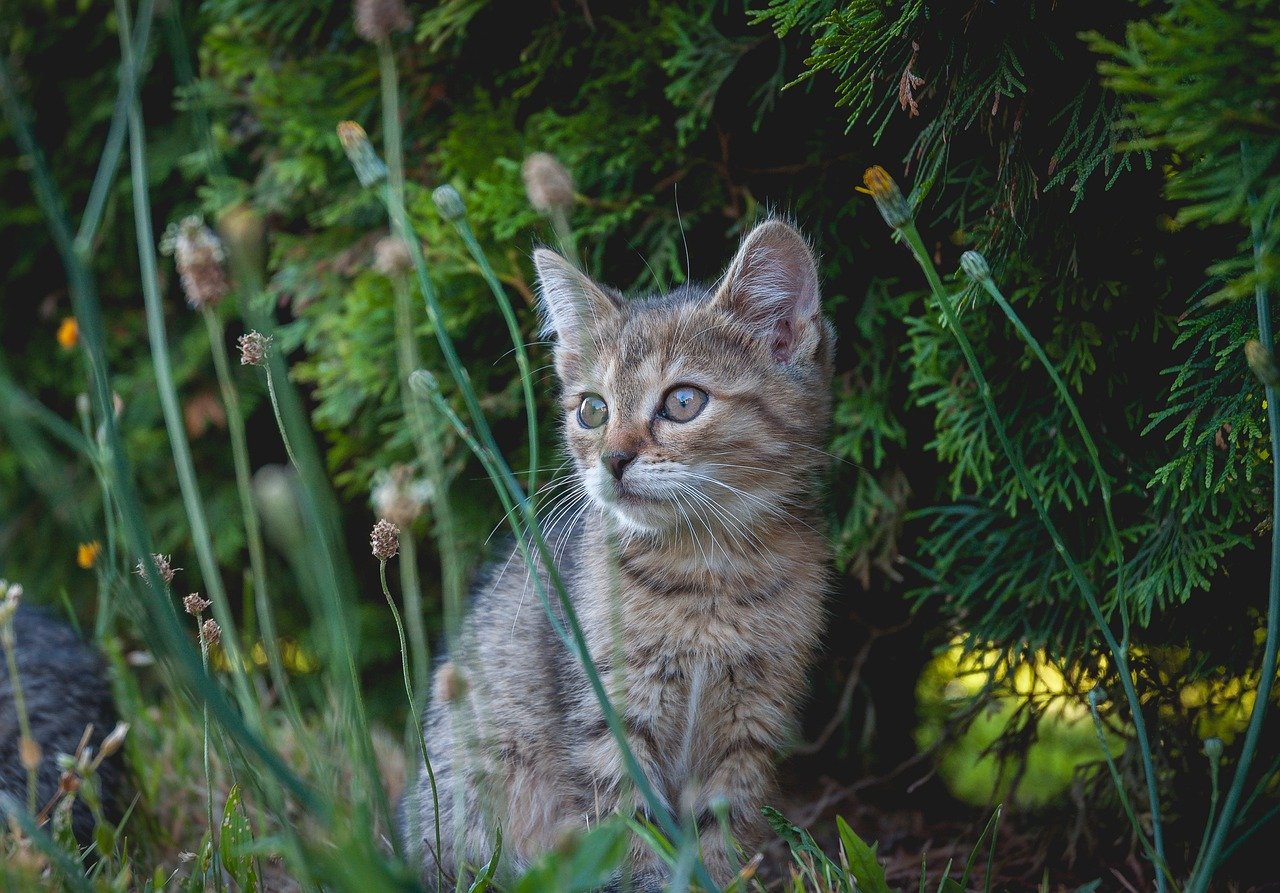
Cats love to nap, but there’s a difference between regular cat laziness and genuine lethargy. If your cat is sleeping much more than usual and seems uninterested in anything, it could be a sign of emotional withdrawal. This kind of lethargy goes beyond simple tiredness—it’s like someone staying in bed all day because they’re feeling low. If your normally active or curious cat becomes a couch potato, it’s worth investigating what might be causing their emotional slump.
Reluctance to Be Picked Up or Held
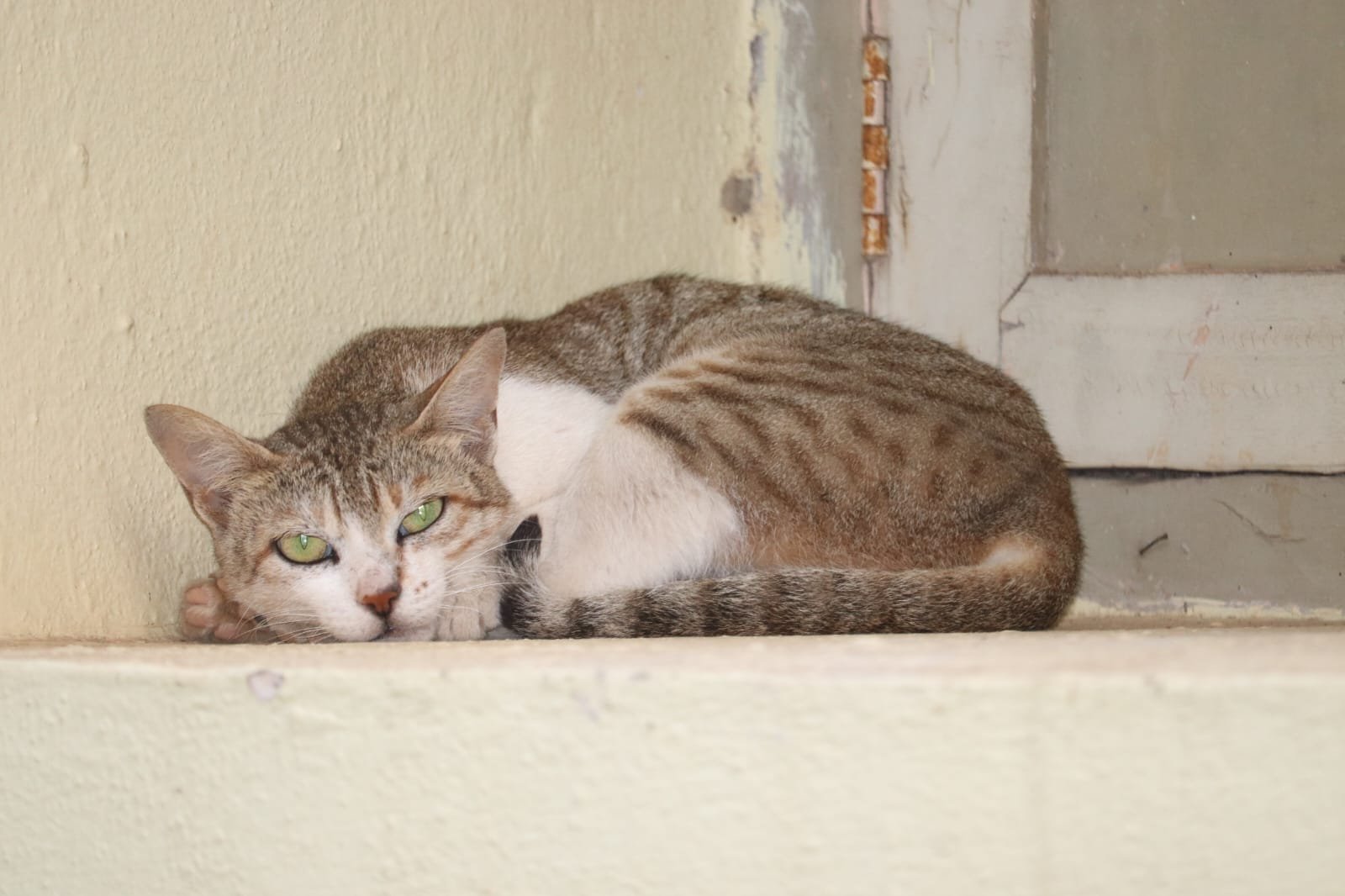
Many cats enjoy being picked up or carried, at least occasionally. If your cat starts wriggling away, stiffening up, or vocalizing when you try to hold them, they’re clearly uncomfortable. This reluctance is often a sign they want more control over their own space and interactions. Think of it as someone who no longer wants to hug or be physically close—it’s a boundary you’ll need to respect while you work on rebuilding trust.
Loss of Interest in Social Interactions
If your cat used to greet you at the door, follow you around, or snuggle with you but now seems indifferent, it’s a classic sign of emotional distance. This withdrawal from social interaction can be one of the most painful signals for cat owners. Your feline friend might sit in the same room but turn their back on you or remain aloof. It’s as if they’re saying, “I need to be alone right now.” Understanding this need for space can help you avoid pushing them further away.
Overreacting to Routine Changes
Cats thrive on routine and predictability. If your cat starts reacting badly to small changes—such as a new piece of furniture, a different feeding time, or a new person in the house—it could be a sign they’re emotionally unsettled. Emotional withdrawal often makes cats less adaptable and more sensitive to disruptions. Their overreaction is a cry for stability and reassurance, not just a quirk of their personality.
Frequent Tail Flicking or Twitching
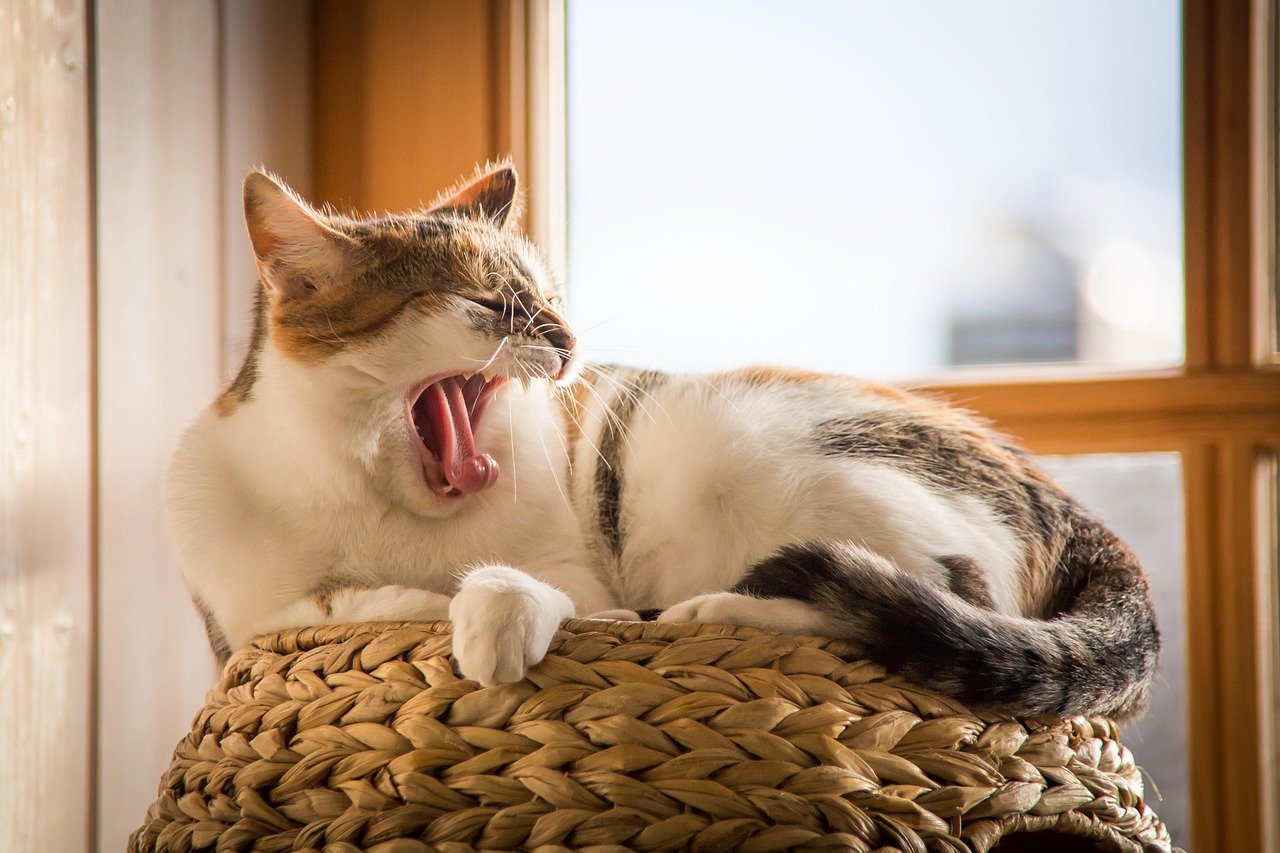
A cat’s tail is a barometer of their mood. Slow, gentle movements usually signal contentment, while rapid flicking or twitching can mean agitation or discomfort. If your cat starts flicking their tail more frequently, especially in your presence, it’s a sign they’re on edge. This body language is often paired with other signs of emotional distance, like flattened ears or narrowed eyes. It’s their way of saying, “I’m not comfortable right now.”
Changes in Sleeping Habits
Cats often sleep near or with their favorite humans. If your cat starts sleeping alone in odd places or seems restless during their naps, it could be a sign of emotional withdrawal. You might notice them choosing colder, harder surfaces instead of soft, familiar ones. This change is similar to someone who starts sleeping on the couch after an argument—it’s a way of creating physical and emotional distance.
Marking Territory More Frequently
Sometimes, emotionally stressed cats will start marking their territory more aggressively. This could mean more frequent scratching, urine marking, or rubbing their cheeks on objects. While marking is normal, a sudden increase can signal insecurity or a need to assert boundaries. It’s like someone putting up “Do Not Disturb” signs around their personal space. This behavior is often overlooked but is a clear message from your cat that they need to feel more in control.
Refusing Treats or Affectionate Gestures

If your cat used to come running at the sound of the treat bag but now ignores your offerings, it could be a sign of emotional distance. The same goes for affectionate gestures like head bumps, cheek rubs, or gentle pats. Rejecting these gestures is your cat’s way of saying, “I’m not in the mood for closeness.” This can be tough to accept, especially if treats and affection were your go-to ways of bonding.
Increased Sensitivity to Noise and Movement
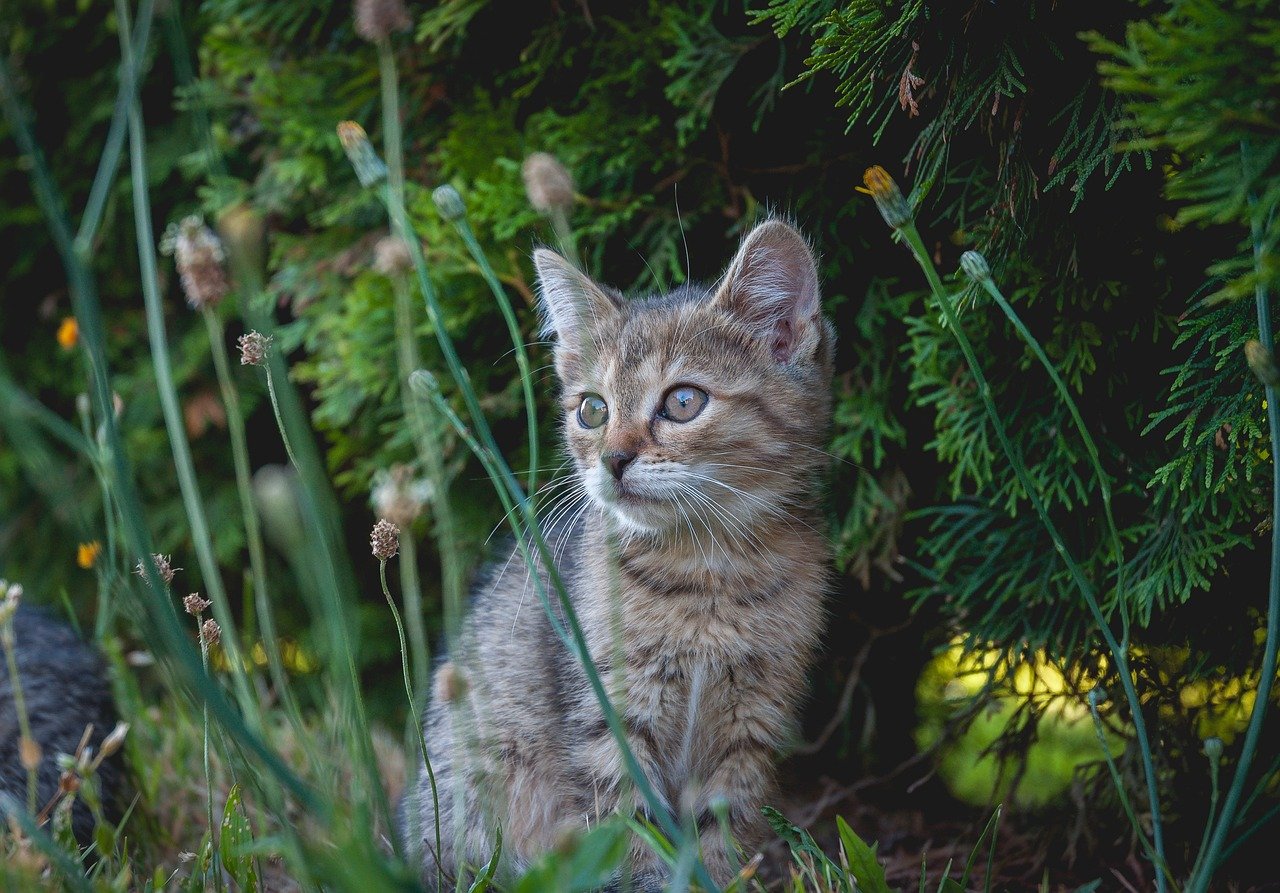
Emotionally withdrawn cats often become more jumpy or sensitive to sounds and movements. Ordinary household noises, footsteps, or even the sound of the TV can provoke a startled response. Your cat may seem on high alert, ready to bolt at the slightest disturbance. This heightened sensitivity is a sign that they’re feeling vulnerable and disconnected, needing extra patience and understanding from you.
Turning Away During Petting Sessions
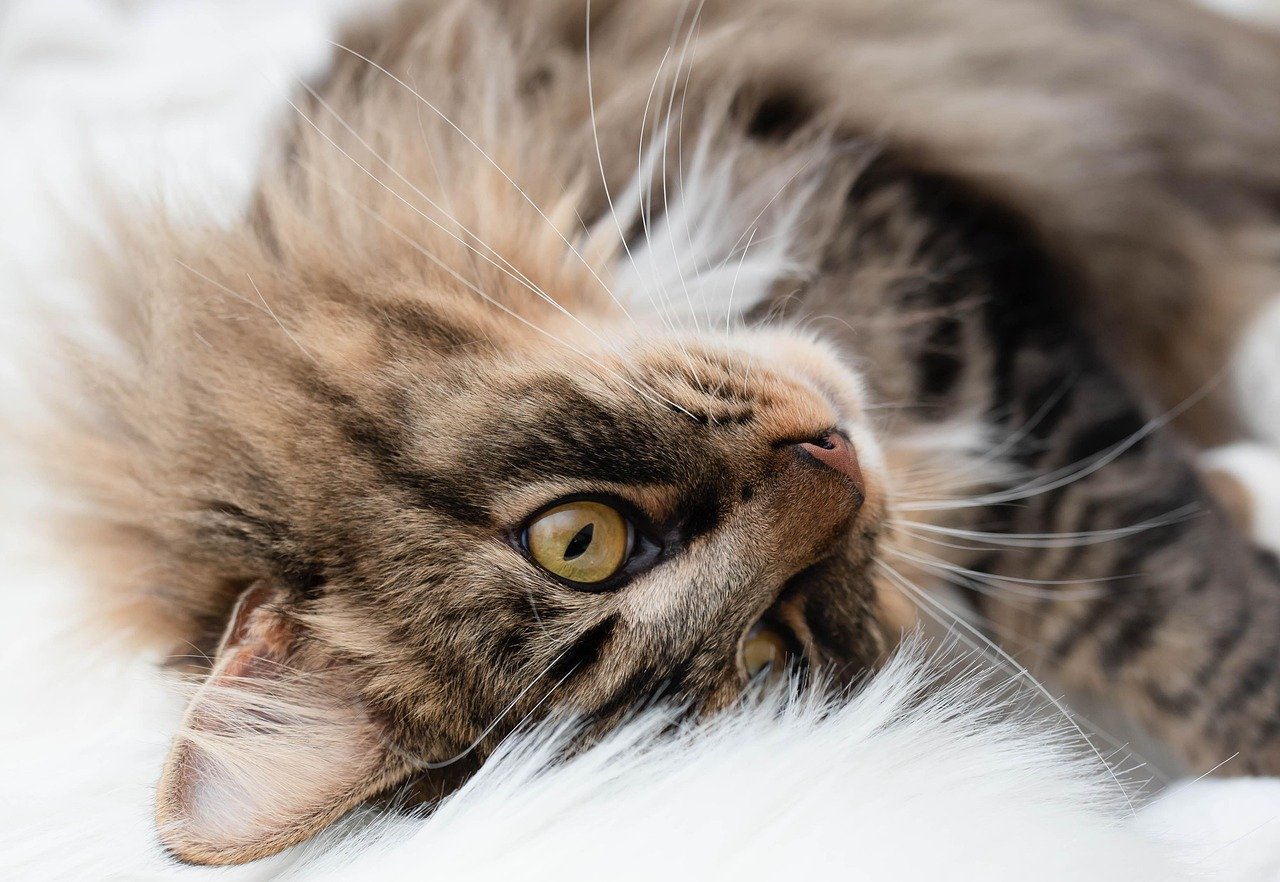
If your cat starts turning their head, shifting their body, or outright walking away during petting, it’s a sure sign they want emotional space. This was likely a time you both enjoyed, so a change here can feel especially painful. Imagine someone pulling their hand away during a handshake or leaning away during a hug—it’s a clear signal of discomfort. Respecting this new boundary is crucial to maintaining trust and avoiding further emotional distance.
Frequent Self-Isolation After Interactions
After any interaction—whether it’s feeding, play, or petting—if your cat immediately retreats to a hiding spot or separate room, they’re clearly pushing you away emotionally. This self-isolation is their coping mechanism, a way to decompress and protect themselves from further stimulation. It’s important not to take this behavior personally. Instead, see it as a signal that your cat needs more time and space to process their emotions.
By paying attention to these subtle, and sometimes not-so-subtle, signs, you can better understand your cat’s emotional needs and respond with compassion and patience.
Hi, I’m Bola, a passionate writer and creative strategist with a knack for crafting compelling content that educates, inspires, and connects. Over the years, I’ve honed my skills across various writing fields, including content creation, copywriting, online course development, and video scriptwriting.
When I’m not at my desk, you’ll find me exploring new ideas, reading books, or brainstorming creative ways to solve challenges. I believe that words have the power to transform, and I’m here to help you leverage that power for success.
Thanks for stopping by, Keep coming to this website to checkout new articles form me. You’d always love it!






